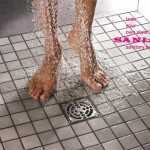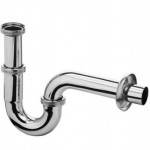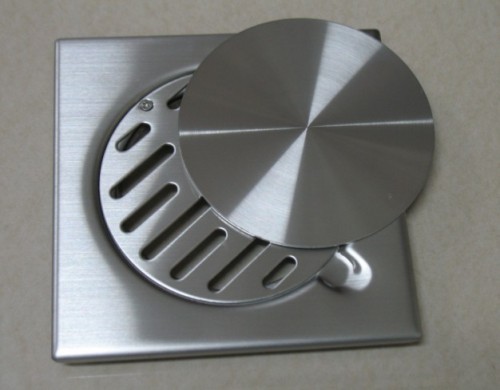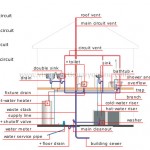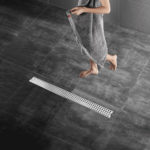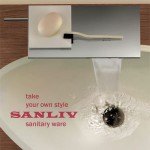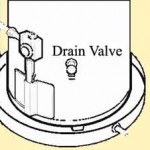Sinks or Lavatories drain become blocked? Here is some useful tips on How to Avoid Blocked Sinks or Lavatories Floor Drain at Home. A home’s drain system is one of the most overlooked systems in the home. It is out of sight/out of mind until there is a problem. Although it appears to simply be pipes connected together, it is actually a complex system designed to provide a seal to prevent sewer gases from entering the home, removes solid wastes and removes waste water. Unlike the toilet, the other drains typically found in the home (Kitchen, Bathrooms, Laundry Room, Mud Room) are designed to manage waste water and not solid wastes.
The home owner has the ability to control this system in many ways before having to call in professionals.
How does a drain become blocked?
- Short term
- Excessive amount of solid waste put down drain
- A foreign object put down the drain that is too large to pass
- Grease is put down the drain and settles in the trap
- Long term
- Biofilm and/or fungal growth in piping
- Settling of particulate matter over time
- Build up of materials such as food or hair
Quick Tips for the Home Owner to Avoid Blocked Sinks or Lavatories Drain:
- Do not put grease down the kitchen drain as it can solidify and cause plugging. Pour cooking grease into an empty coffee can or something similar. When it becomes full, toss it in the trash.
- Even if you use a garbage disposal, uncooked vegetables such as carrot and potato peels, broccoli stems, corn cobs or husks, asparagus, other fibrous fruits and vegetables, are best disposed of in the compost pile or the non recycling trash.
- Don’t wash coffee grounds, tea bags or egg shells down the sink. Remove paper and toss the rest in the compost pile or the non recycling trash.
- Pasta and rice may not pass through the garbage disposal -add to disposal slowly while running water. They are best disposed of in the compost pile or the non recycling trash.
- Minimize the organic solid wastes (ie food) that are put down the kitchen drain. Follow with water to flush the pipes.
- Do not put materials that cannot decompose down any drain.
- Do not allow hair to go down the lavatory drain if possible – remove from the lavatory and dispose of in the trash.
- The performance of system can be improved by regularly applying a mixture of baking soda and vinegar or an organic type drain cleaner.
- It is a good practice to periodically fill the sink with water and then release it to flush your piping.
- Harsh drain cleaners are not recommended – they are poison, give off harmful fumes when used, can harm skin and eyes and can damage some types of pipes.
Sanliv automatic floor drain is a remarkable on its performance in many hotels bathrooms. Any size, any style can be customized according to project orders. You are welcome to contact us for further support.

